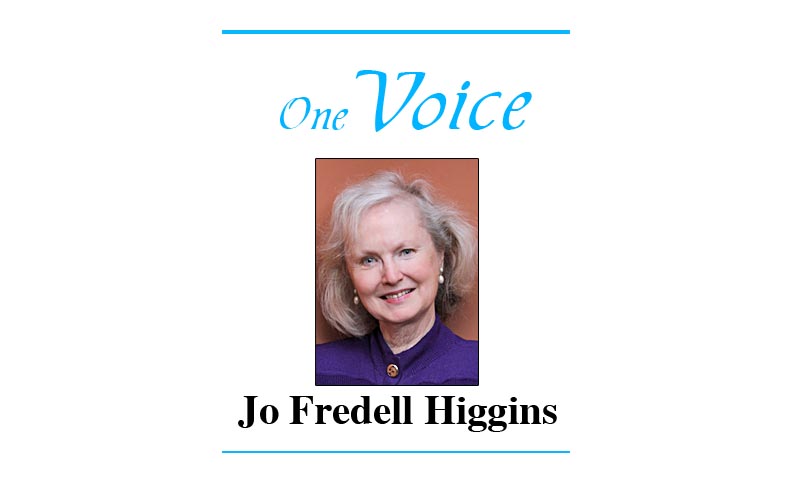
The full moon rose over a great silence.
It was March. The winds were less fierce now over the fertile acres of Tennessee land.
The deer look out from the dense forest and similar to statues, are still. The crow of the cock will awaken the day and Sophia, the orphan, will rise and prepare for work. Farmers were all ready out in their fields tilling cotton or beans or radishes.
She is now employed as a school teacher in the rural county of Trousdale which is Tennessee’s smallest county which covered only 114 square miles. The pay is miserable, but she loves her work and she loves her children. And she remembers when she was a child, not so long ago, and has chosen to love on her children as best she knows how.
Sophia remembered. She never forgot. Her Biblical name means wisdom.
The walls of the orphanage needed painting. The food was cold and sparse. She shared a dormitory with 12 other little girl orphans. Some snored and kept Sophia awake. In Winter the rooms were very cold. In the Summer the rooms were unbearably hot.
The headmaster was a cruel fat man who smelled bad. He would take a strap to anyone who even slightly suggested that he was wrong or that he was stupid. Both of which he was actually.
Sophia did not remember how she got there or if she ever had parents or if anyone had ever loved her. She remembered arriving eight years prior with a rag doll, a small suitcase filled with her two dresses. She remembered the terror she felt at feeling so alone in a new place that seemed to be cold and unwelcoming. Would she ever forget? Would someone sometime somehow love her?
Writer Charles Dickens would chide readers of his newspaper articles for not visiting orphanages to see how they were being treated. Orphans provided no entertainment, but observe visitors in “searching silence.” How to read the message in an orphan’s eyes? Invisible strings in children’s eyes would have unspoken messages saying that visitors were more fortunate or their eyes might whisper “Take me with you.”
Sophia carried a small, wooden, matchbox in which she had hard candy, a canceled stamp, a marble that was blue in color, a tiny doll made of twine, and two shiny pennies. Her possessions. Not to be left anywhere, but always on her person. It went into her smock at the school and it went with her to meal times. All she had. How could she know what she didn’t have?
As it does, the seasons passed in quick succession.
Her life remained the same through all the changes and her clothing remained worn and drab. She had been earning an extra 50 cents a day for work in the kitchen. She was saving for a bus ticket out of there. How much would it cost for a ticket to Nashville, or to Atlanta? She had read about those places and had determined they were both worth seeing.
It was on the sixth of July when she had saved enough. She knew when it would be safe for her to slip out of the place she so hated and to never be found in one of those big cities. It was Summer and classes would not begin for a number of weeks so her students would have a new teacher and she would have a new life.
As quiet as a cat, Sophia walked off the grounds and walked two miles to the bus station. She bought a ticket to Nashville. She had saved some of her lunch for this journey to freedom so she had half a sandwich and half an apple. Sophia boarded the bus and took the first seat to the right of the driver so she could watch him. She had learned to trust no one.
Sophia, the orphan, began her adult journey with hope and with determination and with grit. She would need all three.

